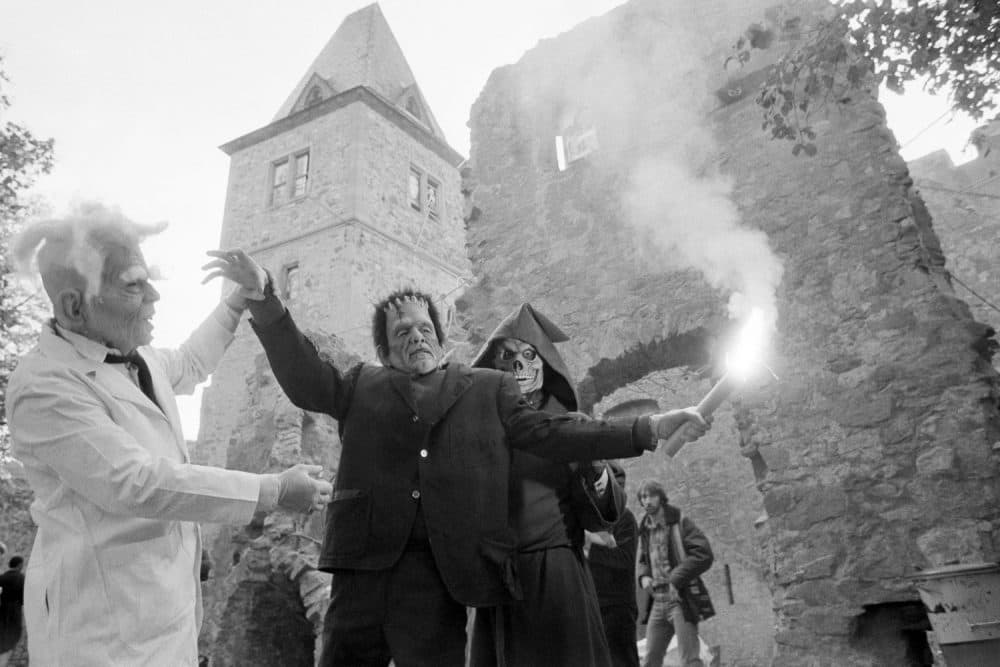Advertisement
It's Alive! Frankenstein At 200
Resume
With guest host Jane Clayson.
Frankenstein at 200. We’ll dissect Mary Shelley’s iconic Gothic novel, its themes of responsibility in innovation, ethics, and lessons for today.
Guests:
Jill Lepore, professor of American history at Harvard University and staff writer at the New Yorker.
Sidney Perkowitz, professor emeritus of physics, Emory University, and co-editor of "Frankenstein: How a Monster Became an Icon." (@physp)
Ed Finn, director of the Center for Science and the Imagination at Arizona State University, co-director of the Frankenstein Bicentennial Project, co-editor of "Frankenstein: Annotated for Scientists, Engineers and Creators of All Kinds." (@zonal)
From The Reading List:
New Yorker: The Strange And Twisted Life Of 'Frankenstein' — "Mary Wollstonecraft Godwin Shelley began writing 'Frankenstein; or, the Modern Prometheus' when she was eighteen years old, two years after she’d become pregnant with her first child, a baby she did not name. 'Nurse the baby, read,' she had written in her diary, day after day, until the eleventh day: 'I awoke in the night to give it suck it appeared to be sleeping so quietly that I would not awake it,' and then, in the morning, 'Find my baby dead.'"
Two hundred years ago, a 20-year-old English author anonymously published the tale of a scientist – obsessed with the impossible – creating life. The story evolved into a classic. A masterpiece. Revered alongside Shakespeare. Byron. Melville. The book was decades – centuries, even – ahead of its time. Raising deep, existential questions about who we are, our responsibility in science, and our ethical obligations. This hour, On Point: Frankenstein rises again 200 years on. --Jane Clayson
This program aired on February 13, 2018.